Jeff Skolnick


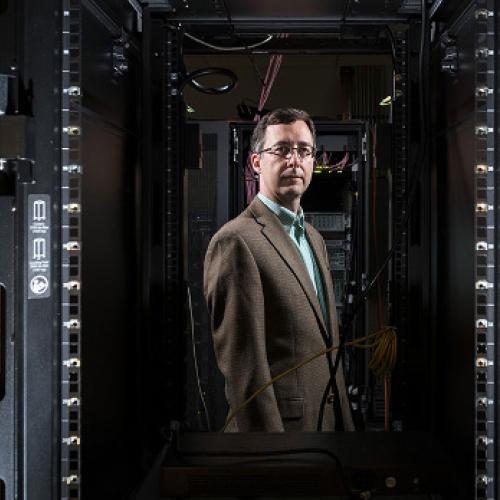
Research in the Sherrill group focuses on the development of ab initio electronic structure theory and its application to problems of broad chemical interest, including the influence of non-covalent interactions in drug binding, biomolecular structure, organic crystals, and organocatalytic transition states. We seek to apply the most accurate quantum models possible for a given problem, and we specialize in generating high-quality datasets for testing new methods or machine-learning purposes. We have developed highly efficient algorithms and software to perform symmetry-adapted perturbation theory (SAPT) computations of intermolecular interactions, and we have used this software to analyze the nature of non-covalent pi-interactions in terms of electrostatics, London dispersion forces, induction/polarization, and short range exchange-repulsion.

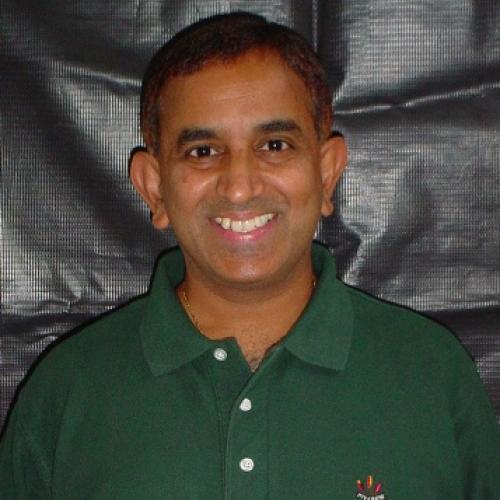
Kishore Ramachandran received his Ph.D. in Computer Science from the University of Wisconsin, Madison in 1986, and has been on the faculty of Georgia Tech since then. He led the definition of the curriculum and the implementation for an online MS program in Computer Science (OMSCS) using MOOC technology for the College of Computing, which is currently providing an opportunity for students world-wide (with an enrollment of over 10,000) to pursue a low-cost graduate education in computer science. He has served as the Director of STAR Center from 2007 to 2014, and as the Director of Korean Programs for the College of Computing from 2007 to 2011. Ramachandran has also served as the Chair of the Core Computing Division within the College of Computing. His research interests are in architectural design, programming, and analysis of parallel and distributed systems. Currently, he is leading a project that deals with large-scale situation awareness using distributed camera networks and multi-modal sensing with applications to surveillance, connected vehicles, and transportation. He is the recipient of an NSF PYI Award in 1990, the Georgia Tech doctoral thesis advisor award in 1993, the College of Computing Outstanding Senior Research Faculty award in 1996, the College of Computing Dean's Award in 2003 and 2014, the College of Computing William "Gus'' Baird Teaching Award in 2004, the "Peter A. Freeman Faculty Award" from the College of Computing in 2009 and in 2013, the Outstanding Faculty Mentor Award from the College of Computing in 2014, and became an IEEE Fellow in 2014.
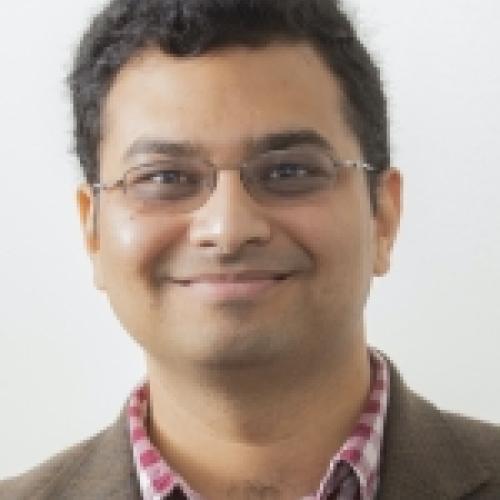
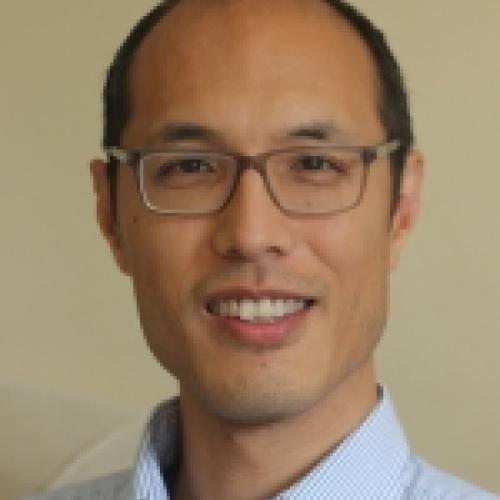
Tony Pan is a Senior Research Scientist at the Institute for Data Engineering and Science (IDEaS). He develops high performance computing algorithms and implementations and data management solutions for IDEaS research efforts and collaborations. Dr. Pan's research interests focus around enabling large scale bioinformatic and biomedical studies through secure, multi-institutional data sharing and efficient parallel algorithms for architectures ranging from CPUs and GPUs to leadership-class supercomputers. He has more than two decades of experience in industry and academia in developing data science solutions for applications including cancer research cyberinfrastructure, microscopy imaging, and DNA sequence analysis.

Suresh Marru is a research professor dedicated to advancing science and engineering through AI and cyberinfrastructure. Over the past two decades, he has focused on accelerating and democratizing computational science. His work includes the development of science gateways and the pioneering of the Apache Airavata distributed systems framework.
In his current role as the Director of Georgia Tech's ARTISAN Center, his team is at the forefront of pioneering efforts to integrate AI into diverse scientific domains. His group is dedicated to bridging the gap between theory, experimentation, and computation by fostering open-source integration frameworks. These frameworks automate research processes, optimize complex models, and integrate disparate scientific data with simulation engines.
Collaboration is at the heart of Suresh’s ethos. He has had the privilege of working alongside brilliant scientists and technologists, contributing to groundbreaking research in domains such as geosciences, neuroscience, and molecular dynamics. These collaborations have not only accelerated scientific discovery but have also offered valuable insights into the potential of AI in scientific innovation.
Beyond his professional endeavors, Suresh is deeply passionate about open science and open-source software. He also believes in building synergies between academia and industry. He has played an instrumental role in a series of tech startups. Currently, he serves as the Chief Technology Officer at Folia, a company dedicated to unleashing the power of annotations.

Dr Krishnan is research professor in the Georgia Tech’s Interdisciplinary Research Institute, Institute for Data Engineering and Science, School of Computational Science and Engineering, College of Computing. He is an associate director of the Center for AI in Science and Engineering. His current interest is in developing AI methods for computational science problems across many domains. He is a computational neuroscientist by training, with past work spanning across a wide range of computational modeling and AI methods. His group's current focus is on generative methods for computational workflow, neural approaches for accelerating compute intensive problems and applying interpretable methods to scientific AI for advancing scientific understanding.
Prior to joining Georgia Tech, he was research scientist at UC San Diego and his research involved developing large-scale modeling of the brain to study sleep, memory and learning. In addition, he has contributed towards neuro-inspired AI and neuro-symbolic approaches. He is broadly interested in the emergence of intelligent behavior from neural computations in the brain and AI systems.
Dr Krishnan has more than 50 publications and his research has been supported by multiple grants from NIH and NSF. He is passionate about open-science and reproducible science and strongly believes that progress in science requires reproducibility.
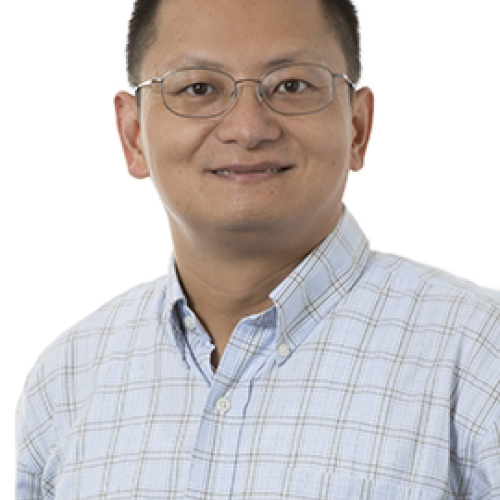
Xiaoming Huo is an A. Russell Chandler III Professor in the H. Milton Stewart School of Industrial and Systems Engineering at Georgia Tech. Dr. Huo's research interests include statistical theory, statistical computing, and issues related to data analytics. He has made numerous contributions on topics such as sparse representation, wavelets, and statistical problems in detectability. His papers appeared in top journals, and some of them are highly cited. He is a senior member of IEEE since May 2004.

Duen Horng "Polo" Chau, Ph.D., is an Assistant Professor at Georgia Tech’s School of Computational Science and Engineering, and an Associate Director of the MS Analytics program. He holds a Ph.D. and Master's in Machine Learning from Carnegie Mellon University, where his doctoral thesis won CMU’s Computer Science Dissertation Award, Honorable Mention. Chau has received faculty awards from Google, Yahoo, and LexisNexis. He also received the Raytheon Faculty Fellowship, Edenfield Faculty Fellowship, Outstanding Junior Faculty Award. He is the only two-time Symantec fellow and an award-winning designer. Chau’s research lab -- the Polo Club of Data Science -- bridges data mining and HCI to solve large-scale, real-world problems by developing scalable, interactive, and interpretable tools for big data analytics. The group's "Polonium" malware detection technology (patented with Symantec) protects 120 million people worldwide. Its auction fraud detection research was widely covered by media, and its fake-review-detection research received the “Best Student Paper” award at the 2014 SIAM Data Mining Conference. Other work has addressed content spam, insider trading, and unauthorized mobile device access. He co-organized the IDEA workshop series at KDD that facilitate cross-pollination across HCI and data mining. He served as general chair for ACM IUI 2015 and was a steering committee member of the conference.